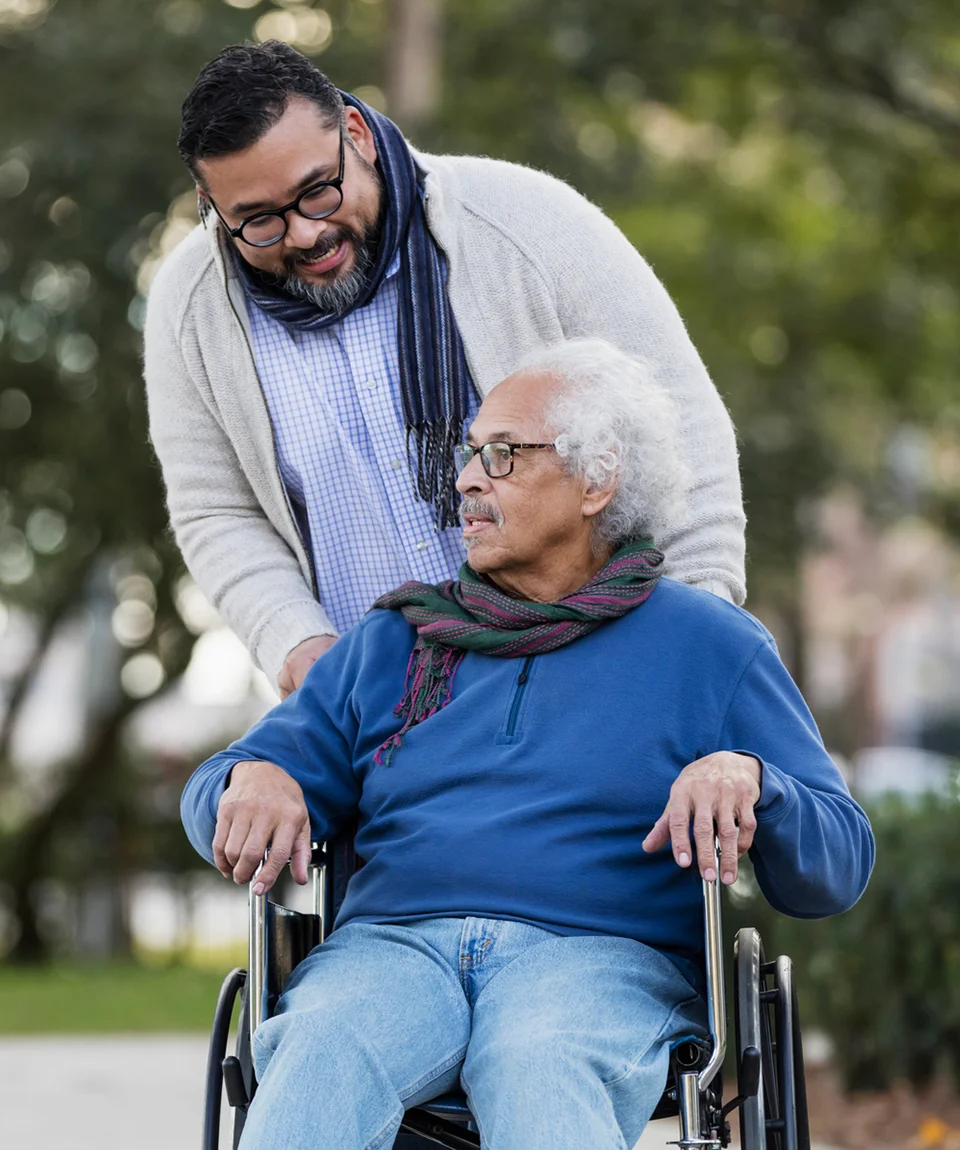Prescription medications help your heart get better and protect you from more harm. People who take their medications over the long term, as prescribed, have fewer additional attacks or heart events and lower their risk of dying from heart disease. If you stop taking your medication without being told by your heart doctor, you will be giving up those benefits.
Medications in the hospital
If you are in the hospital, you are probably taking several medications for your heart. If you arrived at the hospital by ambulance, you might have been given some medications by the paramedics before you even reached the hospital.
- You may have been asked to chew and swallow one or more tablets of ASA (Aspirin) to make your blood less sticky (an “antiplatelet” effect). That helps if a clot has formed in your heart arteries. You may also have been given a stronger antiplatelet medication later.
- Fast-acting nitroglycerin given as a spray or tablet under the tongue opens your heart arteries. You may have been given several doses.
- Blood thinners (anticoagulants) treat any clot that has formed in your heart arteries and keep the clot from getting worse. Blood thinners are injected with a needle into a vein (intravenously) or under the skin (subcutaneously).
- Some kinds of heart attack are treated with a clot-busting drug (thrombolytic), which can dissolve a clot in a heart artery. A clot buster is usually only given when an X-ray of the heart (coronary angiogram procedure) cannot be done right away.
- If you are having a coronary angiogram procedure, you will be given medication to help you relax. It may make you feel sleepy, but you will still be able to wake up easily.
Talk to your pharmacist, nurse practitioner or doctor if you have questions or concerns about any of the medications you have been given in the hospital.
Medications when you leave the hospital
Some of the medications you are prescribed when you leave the hospital must be taken for the rest of your life. It is important to take them exactly as you were told. Stopping your heart medications without being told by your doctor will increase your risk of having another cardiac event and dying. Talk to your pharmacist, nurse practitioner or doctor if you have questions or worries about any medications.
Related information
